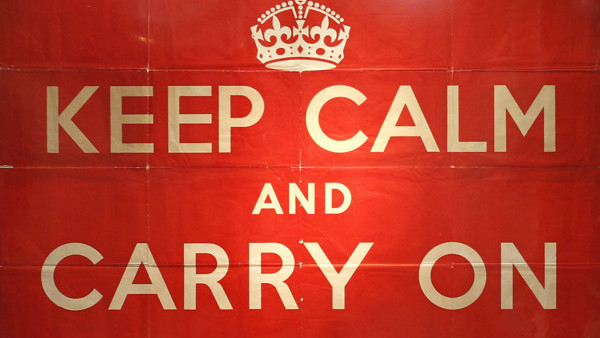20 Iconic British World War II Propaganda Posters
"Careless talk costs lives"

The importance of words, of language, and of propaganda - particularly during warfare - cannot be underestimated. As George Orwell famously wrote in "1984": "If thought corrupts language, language can also corrupt thought."
Adolf Hitler and the Nazi Party managed to ascend to power and then implement radical right-wing policies by legitimising them through propaganda, while the Soviet Union did the same with their revolutionary socialist approach. Propaganda is everything and, when a government can control the message, they can impact upon the mentality of the general populous.
During World War II the British government were well aware of this, and so they re-established the "Ministry of Information" - the department that had been directly responsible for publicity and propaganda during the Great War. Between 1938 and 1946, the Ministry of Information sent out thousands upon thousands of propaganda posters to be displayed around Britain in order to increase morale, change public attitudes and encourage the public to join the war effort.
Posters bearing such slogans as "Careless talk costs lives", "Dig for victory, and the now immortalised "Keep calm and carry on" were sent all over Britain, impacting upon the population's views.
So here are 20 of the most iconic propaganda posters distributed by the British government during World War II.
20. "Keep Calm And Carry On" (June-July 1939)

This "Keep calm and carry on" poster may have become immortalised and adapted for different uses since the turn of the millennium, but when it was first produced between June and July 1939 it was rarely displayed publicly.
Despite 2.45million copies being printed, this motivational propaganda poster was produced along with a variety of others in the build-up to World War II by the Ministry of Information but it was cancelled by October 1939 following criticism of its cost and impact.
It's fair to say it's impact in the 21st Century has been far greater...